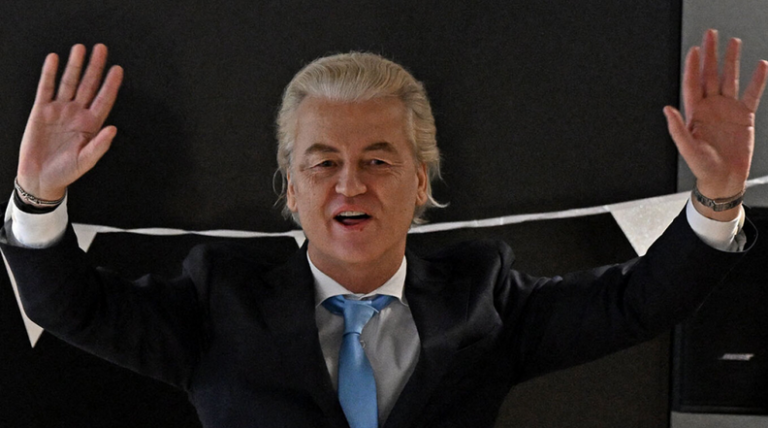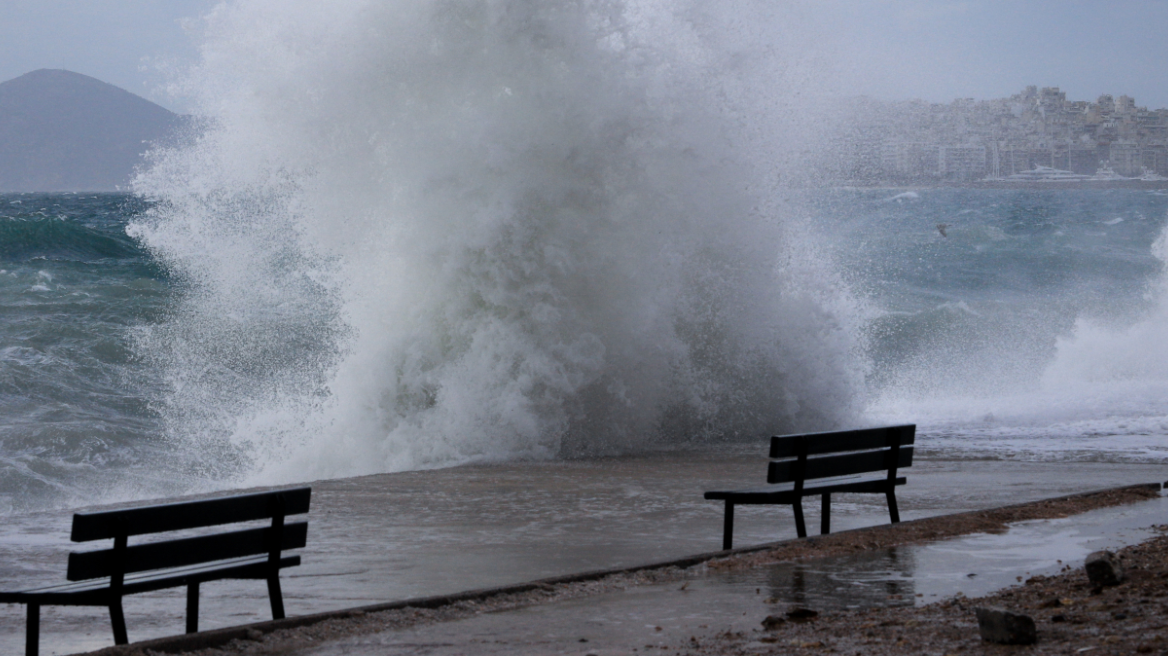Right-wing Dutch election winner Geert Wilders made a key concession to potential coalition partners on Monday, announcing that he’s withdwing legislation that he proposed in 2018 that calls for a ban on mosques and the Quran.
The move came a day before talks to form the next government were set to resume following the November election. The abandonment of the bill could be critical in gaining the trust and support of three more mainstream parties that Wilders wants to co-opt into a coalition along with his Party for Freedom, known by its Dutch acronym PVV.
One of those parties’ leaders, Pieter Omtzigt of the reformist New Social Contract, has expressed fears that some of Wilders’ policies breach the Dutch Constitution that enshrines liberties, including the freedom of religion.
During a parliamentary debate last year after the PVV won 37 seats in the 150-seat lower house of the Dutch parliament in the Nov. 22 general election, Wilders flagged a softening of his party’s strident anti-Islam stance.
“Sometimes I will have to withdraw proposals and I will do that,” Wilders said in the debate. “I will show the Netherlands, the legislature, Mr. Omtzigt’s party — anybody who wants to hear it — that we will adapt our rules to the constitution and bring our proposals in line with it”.
2024: The year Iran will go Nuclear if western powers do not act – Analysis
Among three pieces of legislation axed by by Wilders Party for Freedom was one dating back to 2018 that proposes banning “Islamic expressions.” The text of the bill labels Islam a “violent, totalitarian ideology” and proposes bans on mosques, the Quran, Islamic schools and the wearing of burqas and niqabs.
As Wilders is trying to assemble a governing coalition it is important to understand that it is not necessary to ban mosques and the Qur’an in order to stop the advance of the jihad in a country; one must simply monitor those mosques and have no tolerance for those who would plot jihad violence or work to overthrow the secular state. At the same time, if the Netherlands and other European countries don’t move to end policies enabling mass Muslim migration, they’ll be majority Muslim soon enough, and then non-Muslims will most certainly have to be concerned about bans and restrictions.
Source: Jihad Watch
Ask me anything
Explore related questions





